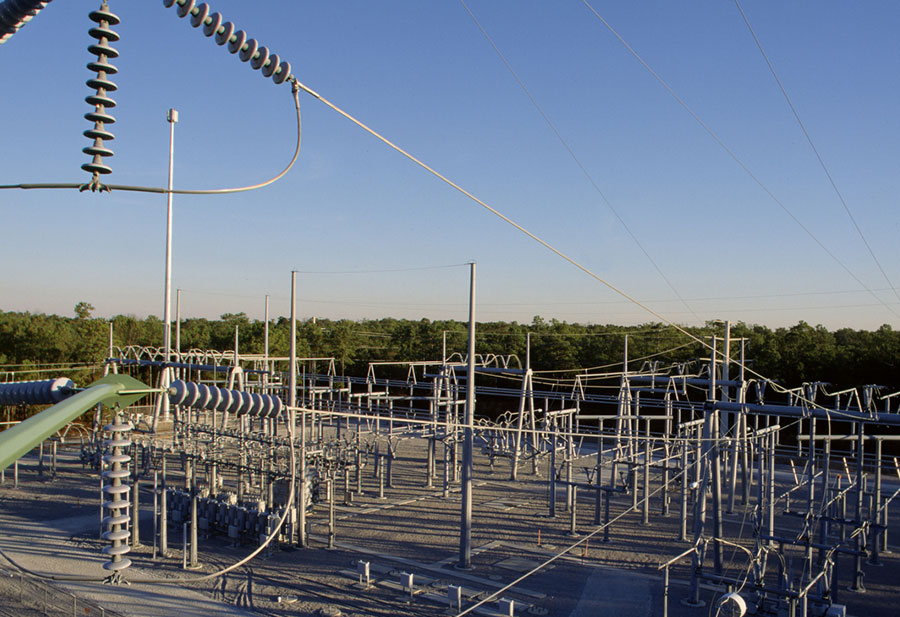What is Electricity Demand?

What is Electricity Demand?
Electricity is flowing constantly to supply power to our homes and businesses. The demand for this electricity is defined by how much is being used at any given time. The more electricity people are using at any moment, the higher the demand.
Electric consumption and demand are different in that consumption is determined by how much electricity you use overall, and demand is determined by when you use it.
A common example used to help explain this is as follows:
If you turn on one 100-watt light bulb for 10 hours, you will consume 1,000 watts – or 1 kilowatt-hour (kWh). If you turned on ten 100-watt light bulbs for one hour, you would also consume 1,000 watts, but that electricity would be used in a much shorter period of time causing the demand for it to increase significantly.
When is Demand the Highest?
Santee Cooper has to be able to supply the maximum amount of power required at any given time. The amount of electricity demanded for the 10 light bulb example is much greater because all the power is being used within an hour instead of over 10 hours. Now, what if we applied this to all your electronic devices?
When we wake up, we turn on the lights, take hot showers, cook breakfast, maybe adjust our thermostats – all of this increases demand. While we’re at work, many people aren’t at home using a lot of energy so the demand decreases. Then, when we come home in the afternoon, we settle into our evening routines by watching TV, cooking dinner, doing laundry, etc., and demand increases once again. So, you can see how the demand for electricity ebbs and flows.
Why Does Demand Matter?
It is our job to make sure that we always generate enough electricity to supply all our customers, no matter how many appliances, light bulbs, or heating/cooling systems are being used at one time. That means we must have the capability to generate that power whenever it’s needed – regardless of the demand. An increase in demand, though, can put a strain on the power grid.
If the demand for electricity grows beyond our existing capability to supply it, we must be ready with additional generation – either a new resource, which comes with a price tag, or the purchase of additional electricity on the market which can be a higher cost item as well.
How Can You Help?
The more we can spread out demand to avoid big peak periods, the less we have to spend on buying additional power or building additional generating units. That saves our customers money. There are a few simple things you can do to help reduce demand during peak times:
- Use a smart thermostat – These thermostats can make it easy to lower your heating and cooling usage when you’re not home.
- Stagger your use of major appliances – Do your best to use major appliances like your washer, dryer, oven or water heater at different times.
- Use a timer – This is a great way to make sure appliances like your water heater, dishwasher or pool pump only run when demand for electricity isn’t at its highest.
Coming Soon!
Santee Cooper is currently developing a demand response program that will reward you for helping us manage electric demand when it’s at its highest. We will be offering incentives for participation in the program that involves the installation of a small device – a switch – on your heating and cooling system and/or electric water heater. The program will be available early next year through EmpowerSC, so stay tuned for more details.

